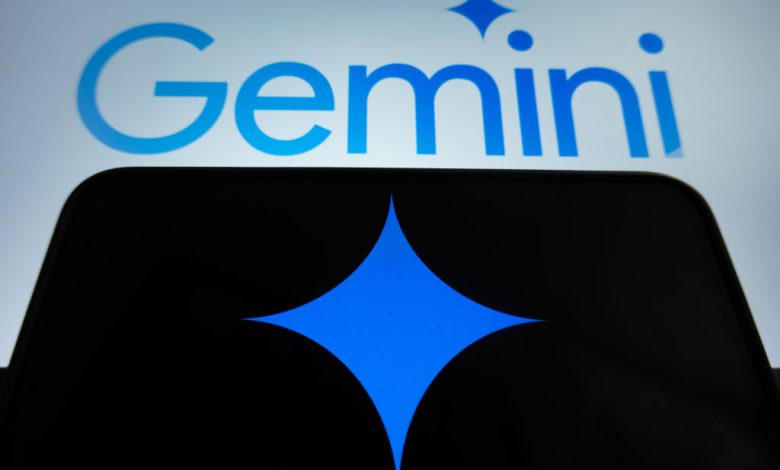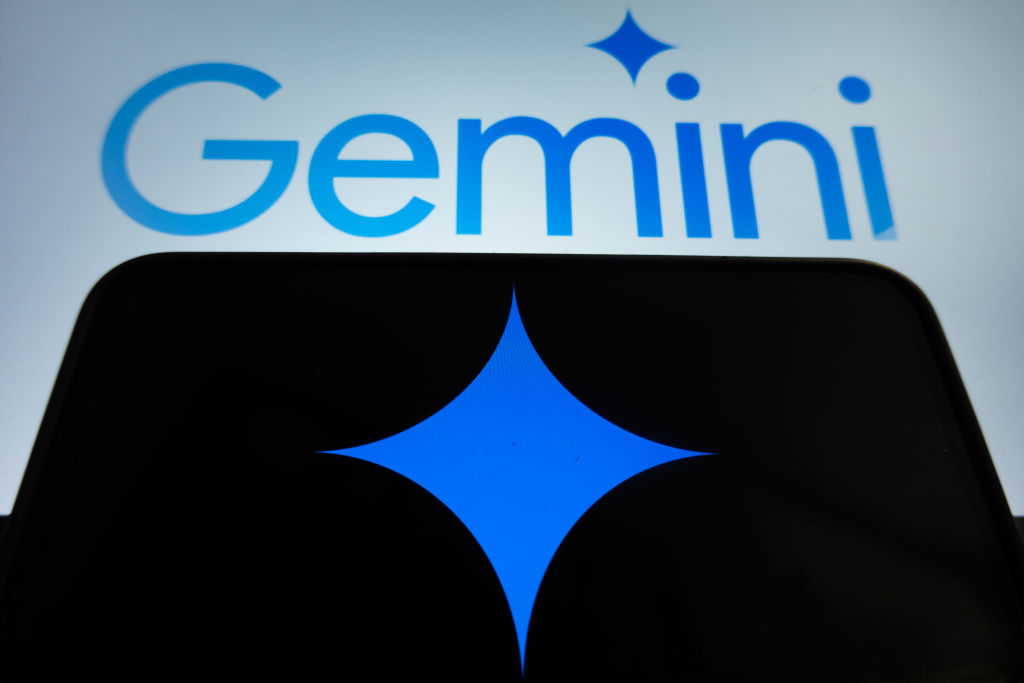Op-Ed: Google Is Rolling Out Its AI Chatbot To Children Under 13, But I Don’t Think They Should Have Access


Editorial Note: Opinions and thoughts are the author’s own and not those of AFROTECH™.
Google announced that it will now allow users under 13 years old to access its Gemini AI chatbot. Gemini is a direct competitor to OpenAI’s ChatGPT and has quickly been integrated into other Google services. Gemini will be available to kids whose parents use Family Link, which enables Google services for children only with the permission of the family. Young users will be able to communicate with the chatbot for text responses and create images generated by the system.
Artificial intelligence has become the center of our lives as it disrupts industries and employment opportunities, and companies look to replace workers with AI. But while the AI industry is growing, there’s still so much we don’t know or understand about the technology as adults. Though Google has stated it won’t use data from younger users to train its AI, we shouldn’t trust this technology in the hands of young, impressionable children.
AI has blown up to such a degree that people have reported forming friendships with ChatGPT and even falling in love with it. According to New York magazine, students have relied heavily on AI to do homework assignments and cheat their way through school and college, which is disturbing considering that most young kids aren’t reading on the same level as their previous counterparts.
As a person who believes in literacy and teaching children how to read, we should not be further exposing children to AI. We should be encouraging them to seek out physical media like magazines, books, and even DVDs. Everything in our world has become so digitized that the new generation growing up cannot handle life without a screen. Technology has its time and place, but we should be pushing kids to go outside and not live their lives on their iPad or computer.
The Gemini AI chatbot will only blur the distinction between real life and online. If adults are struggling to distinguish between what is real and fake online, how do you think children will react? Young minds are still forming, and allowing them to interact with AI chatbots could have harmful effects on their development. AI still has its own bias, which it can spread to its users; they can assume that an AI is human and form a trusting relationship with it that can become dangerous.
Social media has had an even worse effect on kids’ self-esteem, mental development, and social skills. We should treat AI as we treat social media: something for older kids to engage in, with some guidance and restrictions. If there aren’t any guidelines placed on artificial intelligence, we will encounter a lot of trouble for young children.
While everyone is worried about AI taking jobs away from people, we should be worried about the way AI can take over children’s lives. Parents need to monitor their children’s internet usage and educate them about the rise of AI and how to properly use the technology. Corporations may not care about the future of our youth, but as a community, we need to come together to protect them.




